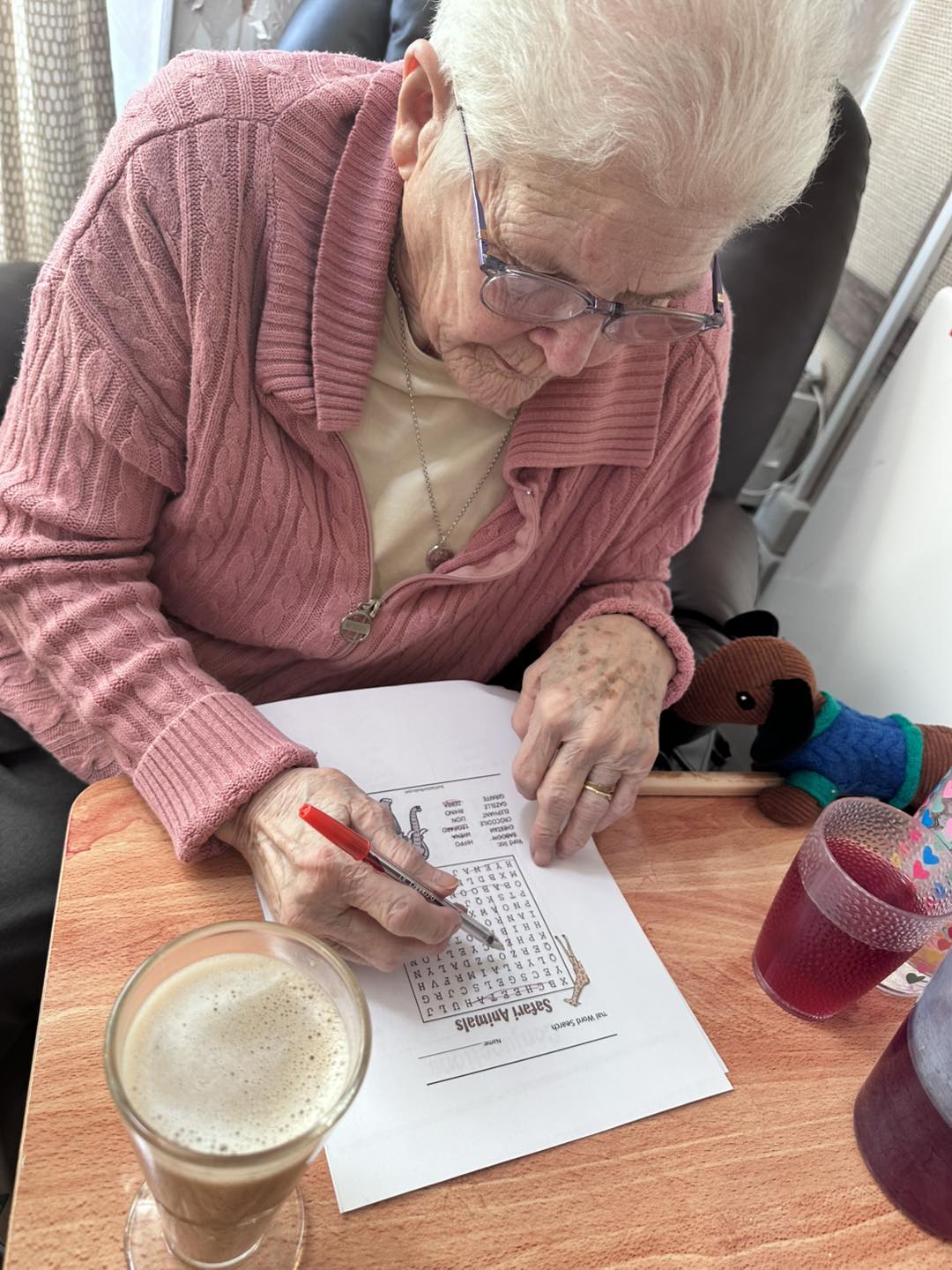It can be easy to forget that you need care, too, when looking after someone else. Nonetheless, self-care is essential for your emotional and physical wellbeing; carving out some time for yourself will help restore balance in your life and make it easier to manage the daily demands of being a caretaker.
Taking care of someone with dementia can be emotionally exhausting. Feelings such as guilt, sadness, confusion or anger are quite common but it may not always be possible to discuss them openly with a person living with the condition. This can leave you feeling very alone and unsupported on your journey through this experience.
No matter the emotions you are experiencing, it is critical to understand and accept them. If apprehension or despair takes hold of you, don’t hesitate to reach out for help from your doctor who can provide guidance on all available support services.
Carers’ groups
Caring for a loved one can be difficult and isolating, but joining a carers’ support group is an excellent way to connect with others who understand what you’re going through. Not only do these groups provide emotional support from like-minded individuals, but they also offer opportunities such as leisure activities, talks from professionals on relevant topics, trips out of the home environment and general socialising – all providing invaluable respite to those juggling their caring duties alongside daily life.
Online groups
Online communities can offer a wealth of comfort and support, especially if you are unable to leave the house or find yourself in need of another person’s ear when there is no one else around.
Memory cafes
Memory cafes are informal settings where dementia patients and their caregivers can find information, support, and even professional carers who they can talk to privately. It’s the perfect place for those affected by dementia to get connected with necessary resources without any pressure or judgment.
Day centres
If you’re a carer feeling uncertain about day centres, consider the positive effects it may have on both you and your loved one. While some of these facilities cater to mild dementia cases, others offer specialist services tailored specifically for those with memory-related conditions. Having some time away from daily routines can provide endless benefits for everyone involved!
During the initial stages of day care, those living with dementia may find it difficult to adjust. If they appear distressed or discontented at any point, communicate with staff members and potentially consider other centres that could better accommodate their social and cultural preferences. With all the options available, you’re sure to discover an activity-filled environment tailored to your loved one’s needs!




